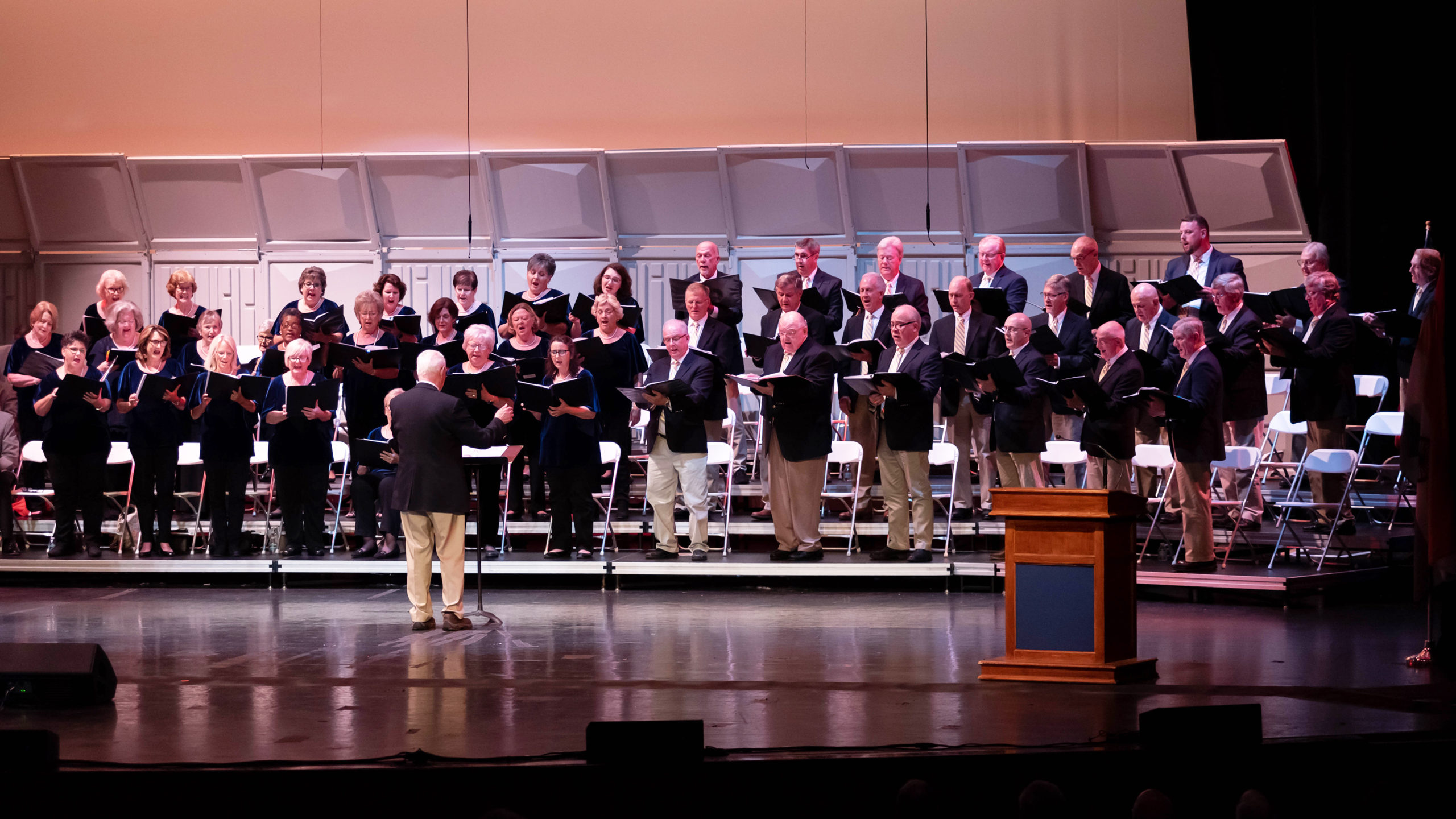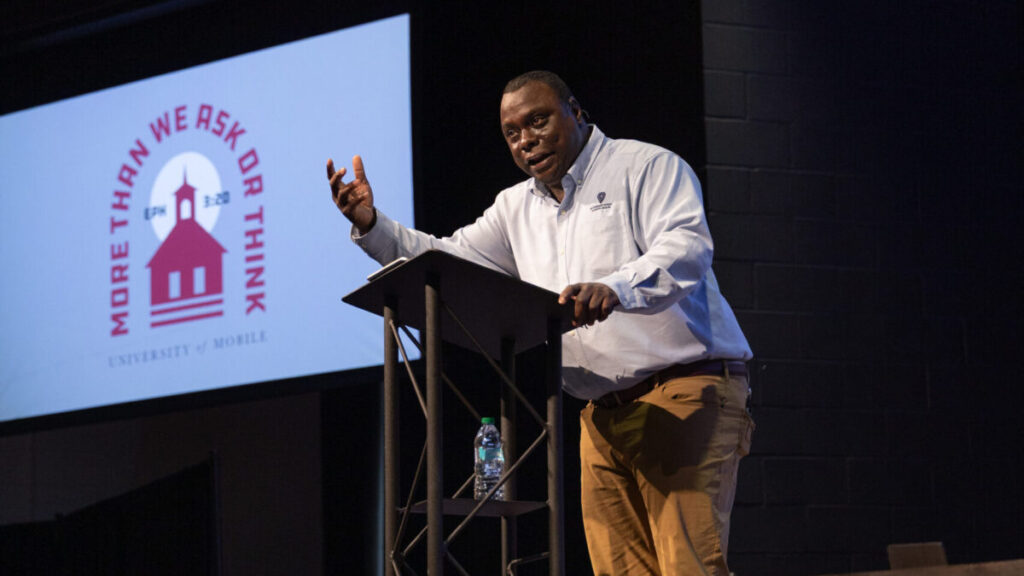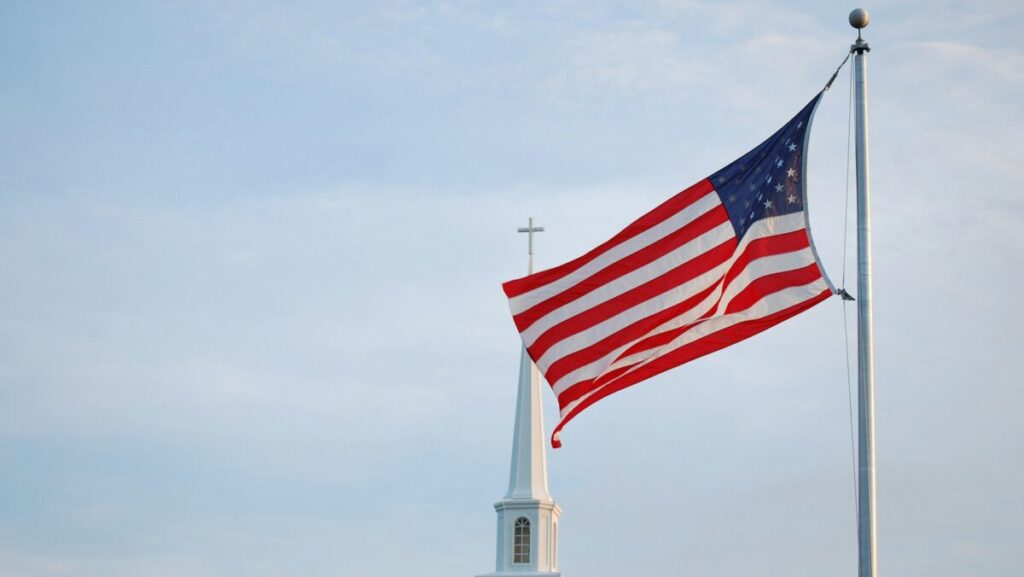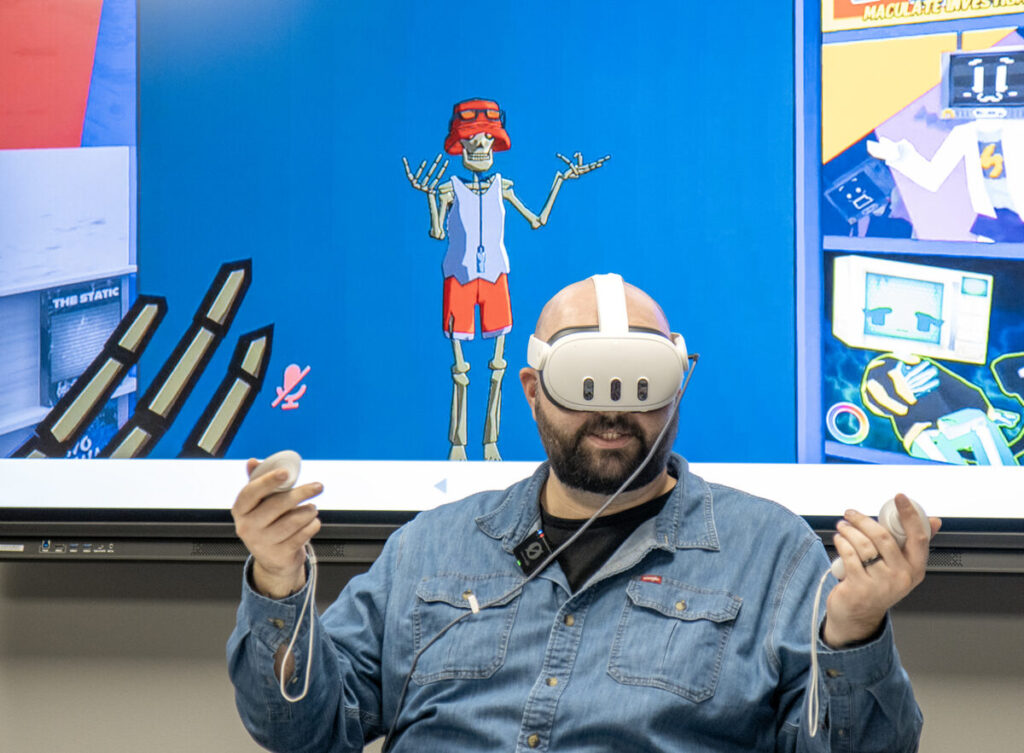As athletes from across the globe converged on Birmingham for the World Games, Baptists from around the world assembled at Samford University July 10–15 for the 2022 Annual Gathering of the Baptist World Alliance.
BWA brought its annual meeting, held virtually in 2020 and 2021, to Birmingham for the first time.
The association of churches representing 245 member bodies in 128 countries and territories focused this year’s meeting around the theme “A Global Family Standing for Racial Justice.”
Attendees worshipped together, visited sites connected to the U.S. civil rights movement and heard from speakers representing a broad spectrum of ministry, cultural and political experience who shared their experiences and challenged Baptists to see racial justice as a common mission for believers.
Birmingham leaders speak
During a July 12 forum on racial justice in the public square, Birmingham Mayor Randall Woodfin and retired Samford President Andrew Westmoreland joined Allan Boesak, a prominent leader in South Africa’s struggle against apartheid.
Woodfin, an African American, said being mayor comes with a lot of history, noting how Birmingham city employees used dogs and fire hoses to quell civil rights protesters in the 1950s.
“Now I am the mayor responsible for that same police department. I am the mayor responsible for that same fire department. … I come into office with that history,” he said.
Birmingham was not unique in dealing with racial segregation, Woodfin said, but Birmingham was different in that the city’s reckoning with racism happened on a “public stage.”
Woodfin said people in Birmingham “need to know the power” of faith leaders, who he said “can have the most impact by going outside the church walls and serving the community.”
‘Faith in action’
Westmoreland said Birmingham is a “living, breathing example of progress, … of faith in action. … We celebrate that. But we can never run past the fact that we still have the history we have,” he added.
Boesak spoke of working with Nelson Mandela to fight racism in South Africa and said the call to political activism is “sacred” because it is about “the protection of the children of God … especially the most vulnerable and oppressed children of God.”
Speaking again on July 14, Boesak, author of “Radical Reconciliation: Beyond Political Pietism and Christian Quietism,” said racism is an “assault on the dignity and the worthiness and the holiness of God.”
Christians have no choice but to pursue reconciliation, he added, because it “is a calling laid upon us by Christ.”
“Reconciliation is not merely an option, it is a reality without which the church cannot be the church of Jesus Christ,” he said.
Speaking out
John K. Jenkins Sr., pastor of First Baptist Church Glenarden in Upper Marlboro, Maryland, and chair of the board for the National Association of Evangelicals, spoke during the July 11 worship celebration.
Jenkins urged his listeners to speak out against systemic racism, saying Christians have too often been silent on the issue even as secular institutions take a stand.
“Companies are making statements. Entire institutions of higher learning have made statements,” Jenkins noted. “Public appearances, celebrities, actors, activists are doing something. But where’s the church?”
Jenkins, who has been pastor of the Washington, D.C.-area church for 33 years, read Psalm 106:3: “Blessed are those who keep justice, and he who does righteousness at all times.”
The passage has modern relevance, Jenkins asserted, because for decades “people of color were lynched, killed, arrested [and] treated unjustly.” Jenkins referenced the killings of Eric Garner and George Floyd, saying, “This is not an issue of white versus black. It’s an issue of right versus wrong.”
Too often, Jenkins noted, the “power structure” in communities is “consoled by the church’s silence.”
‘God-intoxicated’
Such was not the case in the early Church, which was composed of Christians who were “God-intoxicated,” he said.
“They went on with the conviction that they were a colony of heaven and had to obey God rather than men,” Jenkins explained. “They were small in number but big in commitment. … They brought an end to such ancient events as killing babies and gladiator contests.
“We have a problem not only in our country (the U.S.), but in many. And we should want justice. We should want righteousness. Yes, we should demand for all to be treated as human beings, to be respected as human beings and given the rights of human beings.”
Jenkins concluded with a word of optimism.
“We’ve seen worse than this and we’ve made it through,” he said. “And I guarantee you today we are going to make it through this as well. We are a strong people. We are a resilient people. We can’t be defeated. We do have God on our side.”






Share with others: